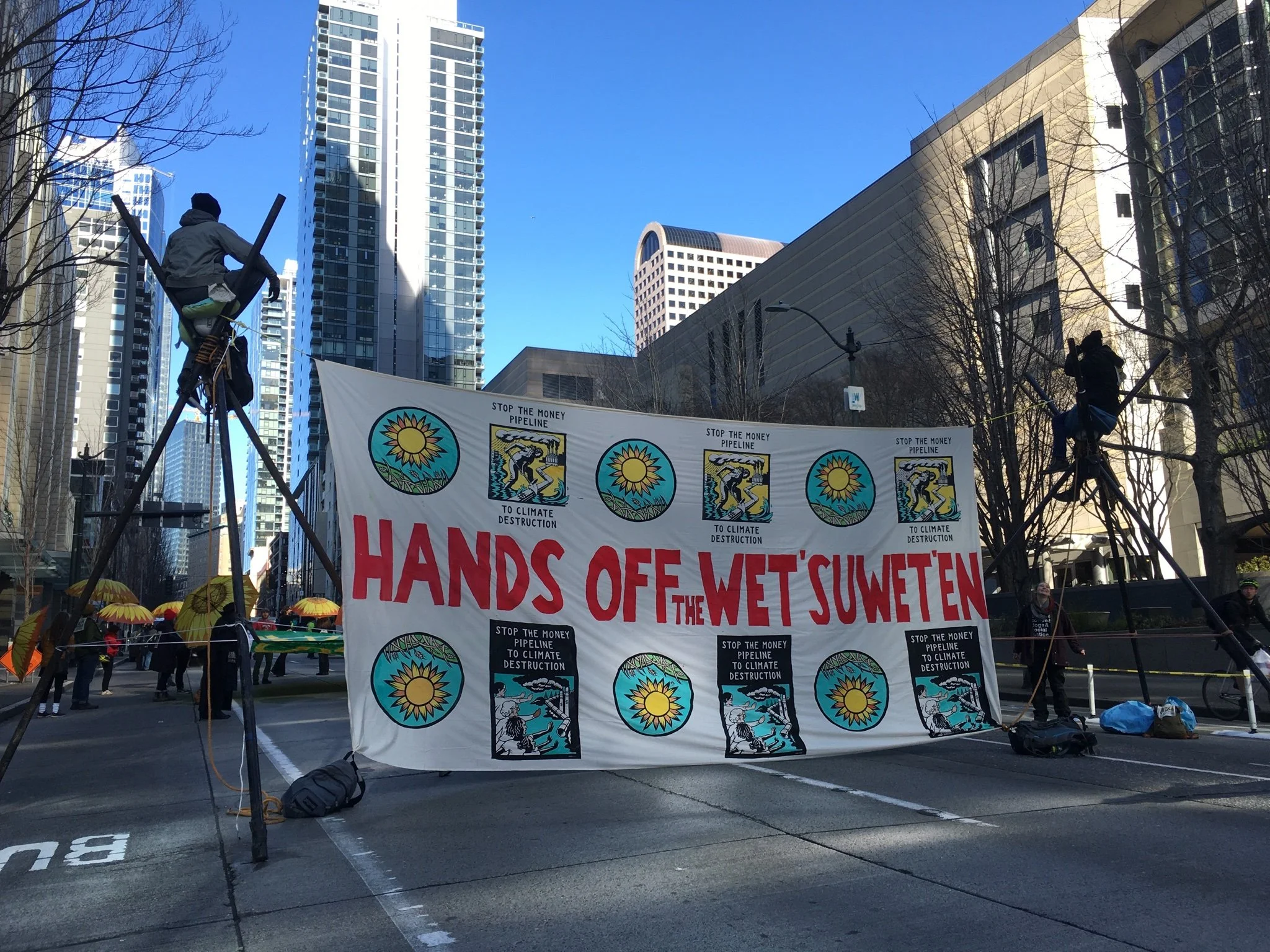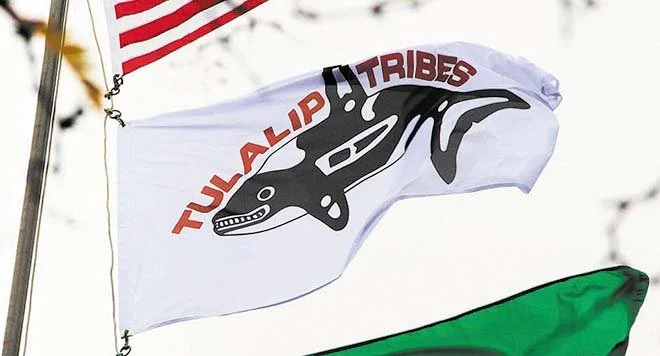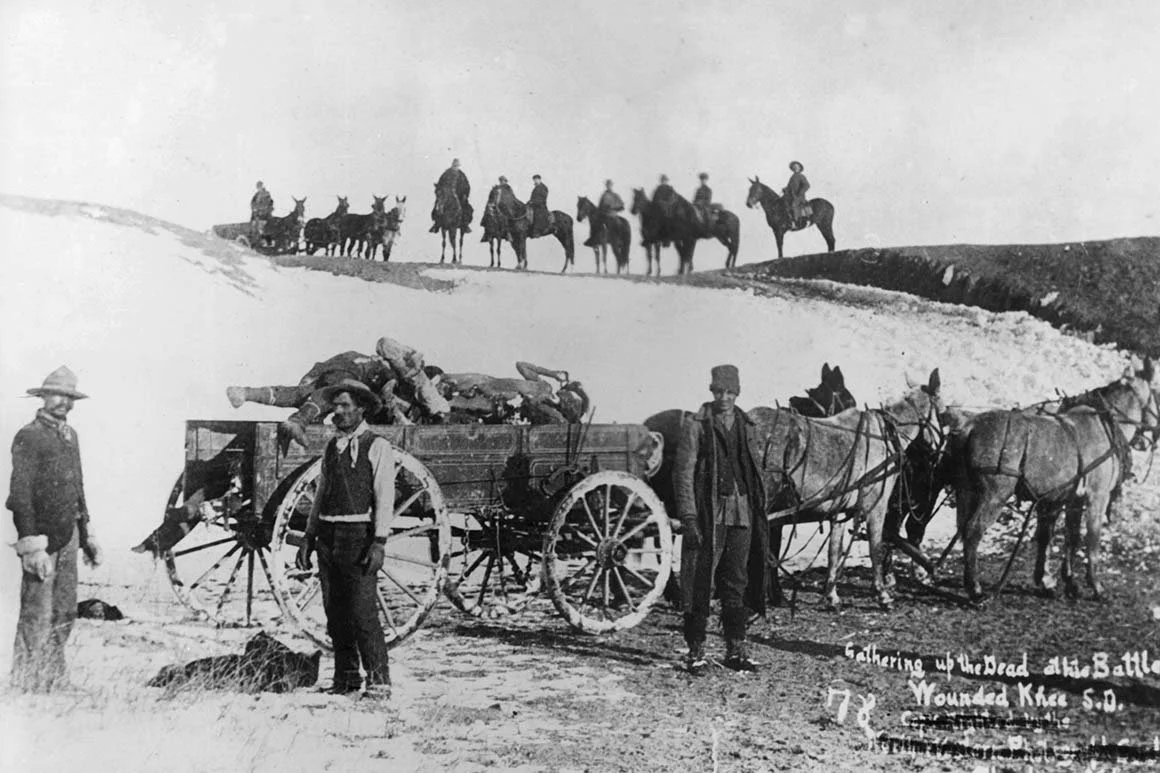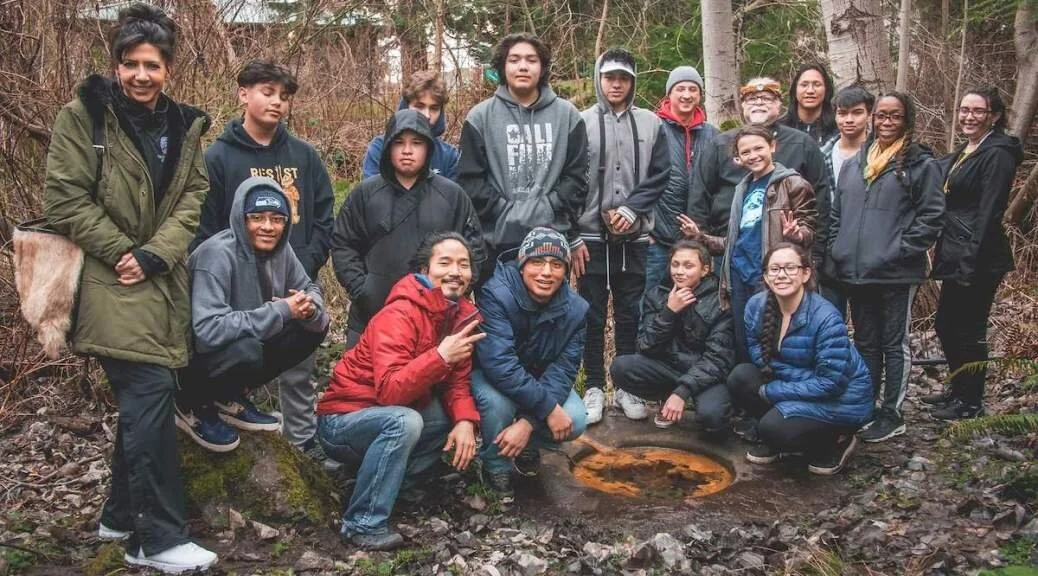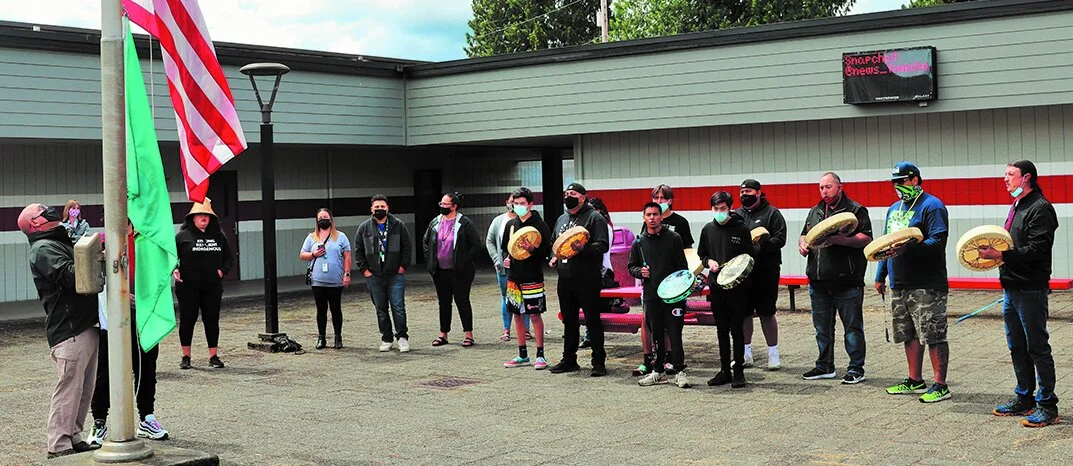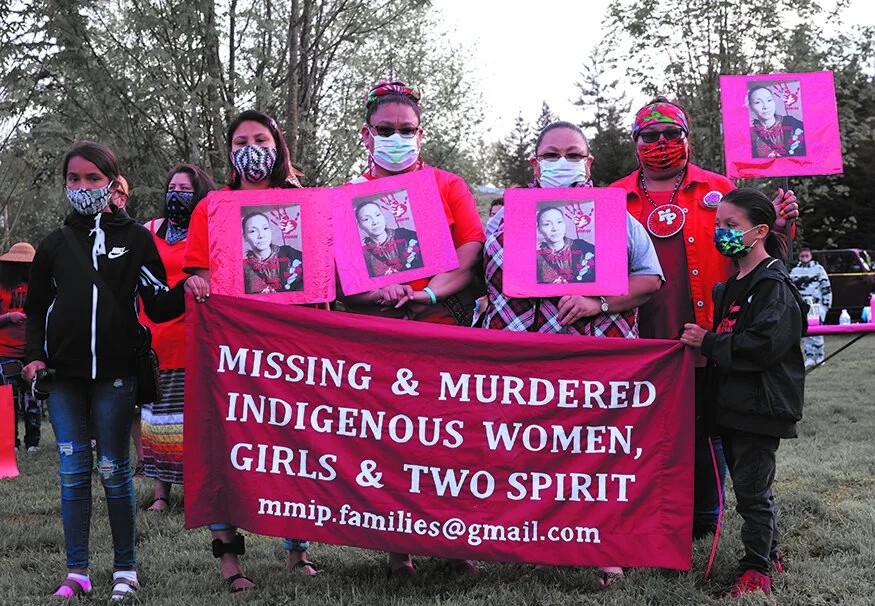Formed in 2016 during the fight against the Dakota Access Pipeline, Mazaska Talks seeks to leverage economic power to fight repression of Indigenous rights and the desecration of Mother Earth.
Read MoreThe colonizer, slave master could only suppress, and never erase, this knowledge this genetic memory. Through our dreams, visions and communications with other nations we are reminded of who and what we are
Read MoreDespite colonial efforts to exterminate, terminate, relocate, and assimilate Indigenous populations, Native communities continue to resist efforts to both desecrate Unci Maka and strip Native peoples of their languages, spirituality and communities.
Read MoreAXIS Capital recently became the first insurer in North America to adopt a policy stipulating that it will not underwrite projects without ensuring clients have obtained the right to Free, Prior and Informed Consent (FPIC) of impacted Indigenous communities. This sets a best practice globally for insurers’ policies on Indigenous rights.
Read MoreThe resolution, released last Friday, would move investments of around $124 million currently funding fossil fuel projects into "climate solutions." This move would add UW to a long list of public and private universities which have committed to removing investments in fossil fuel projects.
Read MoreToday the U.S. Supreme Court issued a rule that limits the EPA’s ability to regulate greenhouse gasses from the power sector using a specific provision of the Clean Air Act.
Read MoreAs a sovereign Tribal nation and treaty signatory, the Snoqualmie Tribe is requesting the Canadian government directly meet with its leadership on a sovereign government-to-government basis. The Tribe will request that the Canadian government respect the rights of the Wet’suwet’en and protect the climate and ocean from the threats the pipeline presents.
Read MoreOn December 15th, 1890 at 5:30 AM roughly 40 Indian officers descended on Sitting Bull’s home with orders to arrest him. After a brief scuffle with the Indian officers, one of history’s greatest resisters of colonialism and staunch fighter for the traditional ways of the Lakota would lay dead.
Read MoreFor the first time ever, the red, white and black colors of the Tulalip flag are soaring over every Marysville School District campus. Tulalip’s iconic orca was raised up at each elementary, middle school, high school, and even District headquarters during the week of November 17th.
Read MoreThe genocide had begun, one driven, and backed, by an ideology under the Doctrine of Discovery that claimed European Christians had a God given right to set forth and colonize any lands not occupied by European Christians.
Read MoreFor Native Americans having long hair is culturally relevant and significant. The importance of having long hair differs from tribes and nations. Some tribes’ belief long hair gives them power and knowledge, others feel connected to the cosmos, and some grow it long to honor their ancestors and culture.
Read MoreNearly two years since earning a cultural landmark designation from the City of Seattle, Licton Springs Park, known as líq’tәd (pronounced LEE’kteed) in the Lushootseed language of the Coast Salish people, will have new signage installed on July 14 that will explain the cultural significance of this North Seattle site, in particular its ochre-colored spring, to the region’s history and Indigenous community.
Read MoreIt’s no secret that Marysville and Tulalip have a history rife with conflict and misunderstanding, especially when it comes to the subject of education. However, raising the Tulalip flag is a symbol of hope for the future. It’s an action that intends to create a better partnership between the two communities.
Read MoreThe Stop the Money Pipeline coalition has maintained that President Biden must ensure that all U.S. financial institutions are firmly on a path to real zero greenhouse gas emissions before COP26.
Read MoreTo understand the complex and ongoing MMIW crisis one must first admit the current systemic response to violence against Native women is immensely inadequate. Then one must realize the rate at which Tribes are losing their life-giving women is devastating to not just the tribal communities, but to the entire nation as a whole.
Read MoreIn a letter addressing the Tribal Chairmen of the Red Lake Band of Chippewa, White Earth Band of Ojibwe, and Mille Lacs Band of Ojibwe, the Seattle city council states they, “support of your efforts to halt construction of the tar sands Line 3 pipeline. We recognize impacted Nations are fighting a long battle to decommission oil pipelines and to transition to renewable resources. This letter recognizes the harmful impacts of the oil industry on Native American community lifestyles, health, and sovereignty.”
Read More







